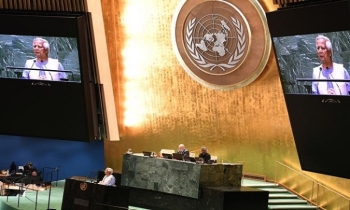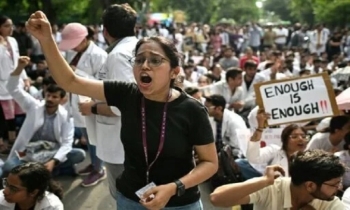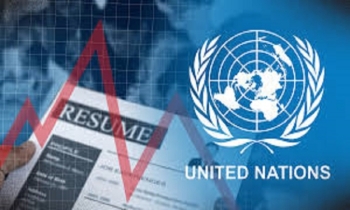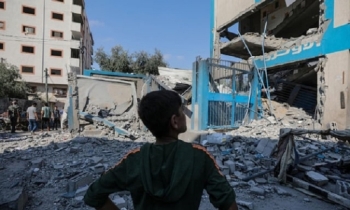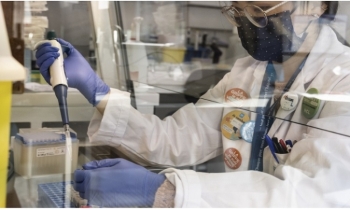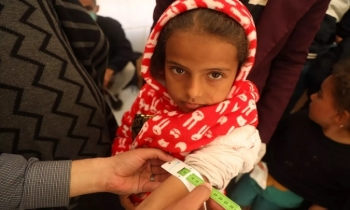Death toll from Covid-19 tops 250,000 in US
BI Report || BusinessInsider
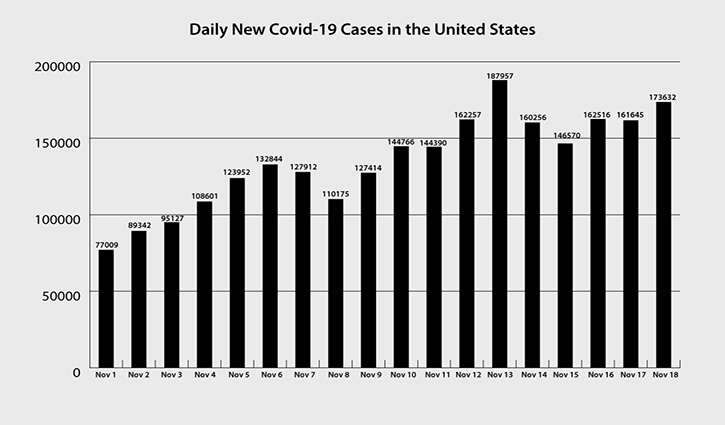
Representational photo
The death toll from Covid-19 in the US surpassed 250,000 yesterday, according to the Centre for Systems Science and Engineering (CSSE) at Johns Hopkins University.
With the national caseload topping 11.4 million, the death toll across the United States rose to 250,029 as of today, according to the CSSE data.
New York State reported 34,173 fatalities, at the top of the U.S. state-level death toll list. Texas recorded the second most deaths, standing at 20,147. The states of California, Florida and New Jersey all confirmed more than 16,000 deaths, the tally showed.
States with more than 9,000 fatalities also include Illinois, Massachusetts, Pennsylvania and Georgia.
The United States remains the worst hit by the pandemic, with the world's highest caseload and death toll, accounting for more than 18 percent of the global deaths, reports UNB/Xinhua
The United States reached the grim milestone of 200,000 coronavirus deaths on Sept. 22 and the number climbed to a quarter of a million in nearly two months.
U.S. daily fatalities caused by Covid-19 hit 1,707 on Tuesday, the highest rise in coronavirus deaths in a single day since the country reported 1,774 daily deaths on May 14, the CSSE chart showed.
Furthermore, an updated model forecast by the Institute for Health Metrics and Evaluation at the University of Washington shows that a total of 438,941 Americans may have died of COVID-19 by March 1, 2021, based on current projection scenario.
New York City Mayor Bill de Blasio decided to close public school buildings on Wednesday as the city has reached the threshold of 3 percent Covid-19 testing positivity rate on 7-day average.
Public school students in the largest U.S. city will transition to remote learning starting from tomorrow until further notice. The schedule of resuming in-person learning is still unknown.
Since the start of the fall semester, the United States has seen an upward trend in new cases on campus.
Experts warned students returning from college and those who travel for family gatherings during Thanksgiving holiday may lead to a new wave of coronavirus infections.

